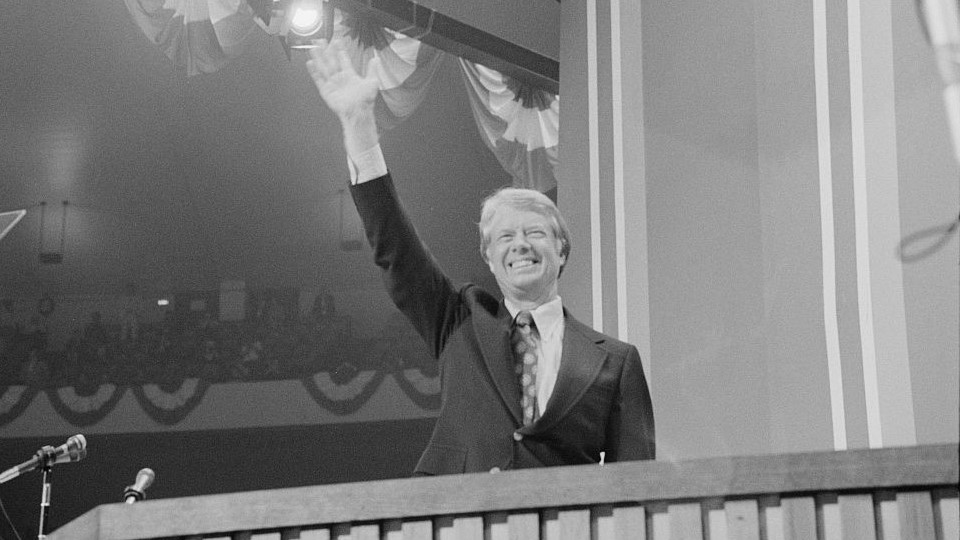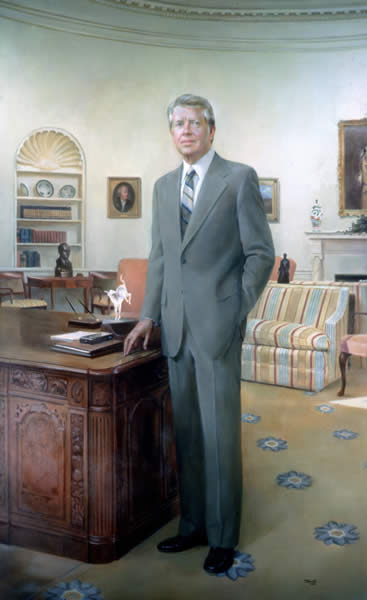Authors:
Historic Era: Era 10: Contemporary United States (1968 to the present)
Historic Theme:
Subject:
November 2020 | Volume 65, Issue 7


Authors:
Historic Era: Era 10: Contemporary United States (1968 to the present)
Historic Theme:
Subject:
November 2020 | Volume 65, Issue 7
Editor’s Note: The author was a longtime columnist and senior editor at Newsweek, and since has been a television commentator, documentary filmmaker and author of three New York Times bestsellers. Portions of this essay appear in his latest book, His Very Best: Jimmy Carter, a Life.

Throughout Jimmy Carter’s long life, classmates, colleagues, and friends — even members of his own family — found him hard to read. The enigma deepened in the presidency.
Carter was a disciplined and incorruptible president equipped with a sharp, omnivorous mind; a calm and adult president, dependable in a crisis; a friendless president who, in the 1976 primaries, had defeated or alienated a good portion of the Democratic Party; a stubborn and acerbic president, never demeaning but sometimes cold; a nonideological president who worshipped science along with God and saw governing as a series of engineering problem sets; an austere, even spartan president out of sync with American consumer culture; a focused president whose diamond-cutter attention to detail brought ridicule but also historic results; a charming president in small groups and when speaking off the cuff but awkward in front of a teleprompter and often allergic to small talk and to offering a simple “Thank you”; an insular, all-business president who seemed sometimes to prefer humanity to human beings but prayed for the strength to do better.
For some in Carter’s orbit, his impatient and occasionally persnickety style — a few dubbed him “the grammarian in chief” for correcting their memos — would mean that their respect would turn to reverence and love only in later years. Only then did many of those who served in his administration fully understand that he had accomplished much more in office than even they knew.
Carter’s farsighted domestic and foreign policy achievements would be largely forgotten when he shrank in the job and lost the 1980 election.
He forged the nation’s first comprehensive energy policy and historic accomplishments on the environment that included strong new pollution controls, the first toxic waste cleanup, and doubling the size of the national park system. He set the bar on consumer protection; signed two major pieces of ethics legislation; carried out the first civil service reform in a century; established two new Cabinet-level departments (Energy and Education); deregulated airlines, trucking, and utilities in ways that served the public interest; and took federal judgeships out of the era of tokenism by selecting more women and blacks for the federal bench than all of his predecessors combined, times five.

Ruth Bader Ginsburg, whom he